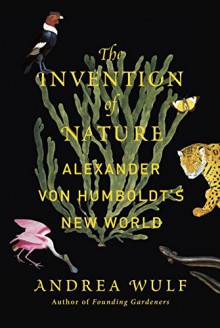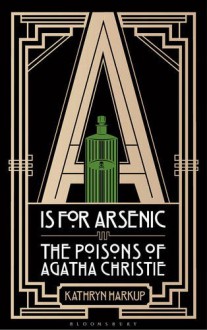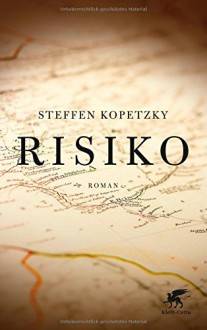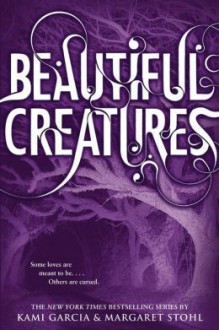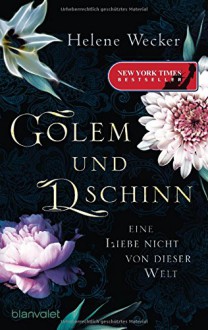Tasks for Pancha Ganapati: Post about your 5 favourite books this year and why you appreciated them so much. –OR– Take a shelfie / stack picture of the above-mentioned 5 favorite books. (Feel free to combine these tasks into 1!
Inspired by Murder by Death's post this morning, I've pondered over my morning coffe which reads qualify as myfavourite books this year. Although there is still time for a truly great read to come up in the next month (I am looking at you, Winter by Ali Smith), below is my list of 5 (or, erm, 6) favourite books of 2017 (I have not considered re-reads for this, btw.):
The Invention of Nature by Andrea Wulf.
Although, I knew of Humboldt (and his brother), I had no idea of the extent of his influence on the sciences and of the adventures he went on to gain the deep understanding of the world that he did. I am still amazed at both. I am still amazed at the difficulties he faced. I am still amazed at everything I learned about his and his times from Wulf's extraordinary book.
A is for Arsenic by Kathryn Harkup.
I love the works of Agatha Christie and I also love a good bit of science mixed with history - and this book had all of it. What is more, I particularly enjoyed how this book started a discussion with my mom (a retired chemical engineer) about all things chemistry and how scientific discovery changed crime fiction. For that alone, this book deserves 5 stars.
William Pitt the Younger by William Hague.
One of the biggest surprises this year, not because of the subject (Pitt had been on my radar for quite some time) but because of the author. What I learned from Mr Hague's excellent account of Mr Pitt and the political landscape of Georgian Britain is that I may not agree with the author on everything (especially political outlook) but that this doesn't lessen my appreciation for the excellent work he has produced with this book. The sheer amount of research that must have gone into this is staggering.
Metamorphoses by Ovid (tr. by David Raeburn)
This is the book that has taken me longest to read this year, but it is a book that demands a slow and deliberate read. Becoming reacquainted with the myths and legends of Ancient Greece and Rome has brought home how far we've come as a society, how much we still face the same issues, and how much I miss reading the "classics".
The Daughter of Time by Josephine Tey.
As it turns out, my 2017 seemed to be geared towards a history side - and I loved it - with a mix of murder mystery thrown in for balance. Tey's book takes both and showed how a good "vintage" mystery can actually take a serious turn. Tey loved history and it shows when she used her laid-up Inspector to investigate not just the murder of the Princes in the Tower, but also how history itself is subjective and prone to be re-written for the benefit of propaganda ... and how easy it is to fall in line believing anything by virtue of it being repeated as truth over and over.
A timely read for 2017.
Treffpunkt im Unendlichen by Klaus Mann.
I've been a fan of Klaus Mann's for a while, and in this book he shows how spot on his powers of observations were when he wrote about the times he lived in. Treffpunkt is one of the best books I have read to bring to life the Lost Generation in the late 1920s / early 1930s. Loved it.
Of course, there are some honourable mentions too:
Making History by Stephen Fry.
Gilded Needles by Micheal McDowell (I'm still in love with basically every single book of McDowell's that has crossed my path.)
Risiko by Steffen Kopetzky


 Log in with Facebook
Log in with Facebook 
